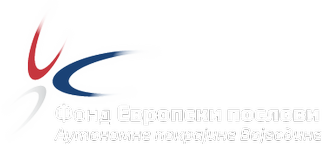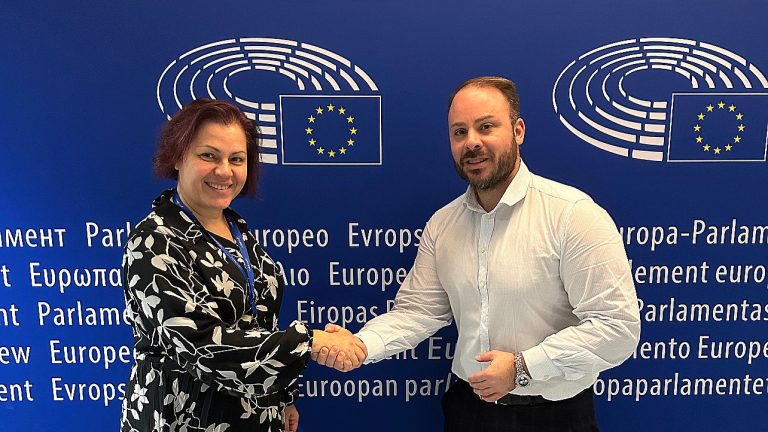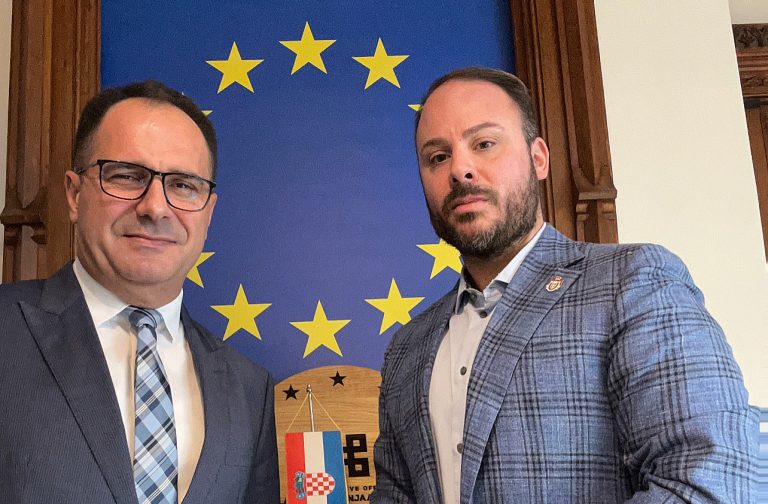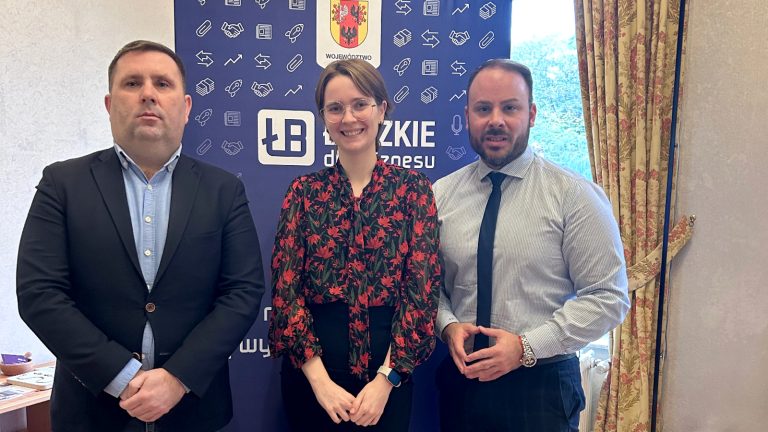The European Investment Project portal – the place and role of local and regional authorities
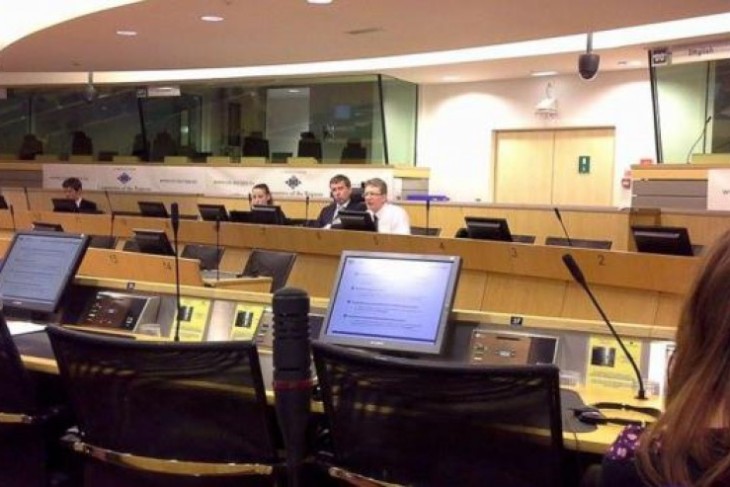
A briefing on “The European Investment Project portal and the European Investment Advisory Hub: what’s in it for regions and cities?“ was held at the Committee of the Regions in Brussels on 13th January 2016.
Florence Revest, Administrator, DG ECFIN, presented the European Investment Project portal: www.ec.europa.eu/eipp, which was to start operating in the first half of 2016, and pointed out that the portal should boost the visibility of projects worth more than EUR 10 million to strategic investors in the field of knowledge economy and digital agenda, energy union and transport, in accordance with the European and national legislations. The condition for the applicant is to be a public or private entity from the European Union, and the implementation of the project must start within the period of three years. Applicants from the Republic of Serbia, including the local and regional level of authorities, are entitled to submit project proposals in cooperation with major cross-border applicants from the EU member states.
Mark Mawhinney, Acting Head of the Independent Quality Review team, JASPERS, European Investment Bank (EIB), presented the European Investment Advisory Hub and the European Fund for Strategic Investments (EFSI – www.ec.europa.eu/priorities/jobs-growth-investment/plan/efsi/index_en.htm), as an initiative of the EIB and the European Commission in order to overcome the investment gap in the mobilization of private sector funds towards strategic investments. EFSA is one of the three pillars of the Investment Plan for Europe, which aims to revive investments in strategic projects across Europe in order to ensure that the money is invested in the real economy. EFSA should allow additional investment of at least EUR 315 billion in three years’ time. EFSA has been allocated EUR 16 billion guarantees from the EU budget and an additional EUR 5 billion from the EIB own resources, with the remark that the approved projects are subject to the regular EIB project cycle. The funding will be allocated to projects, particularly, in the field of strategic infrastructure, digital economy, transport and energy, education, research, development and innovation, investment in renewable energy sources, as well as small and medium-sized enterprises.
